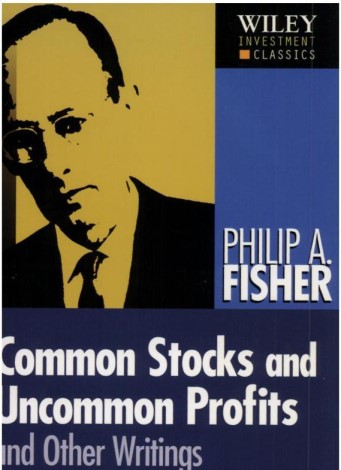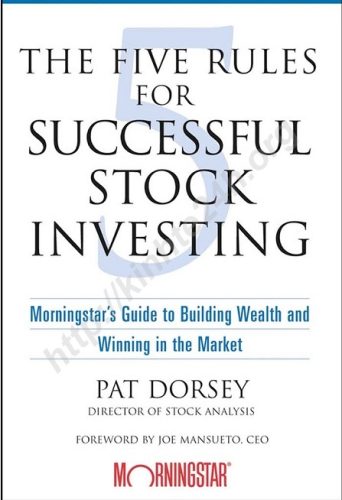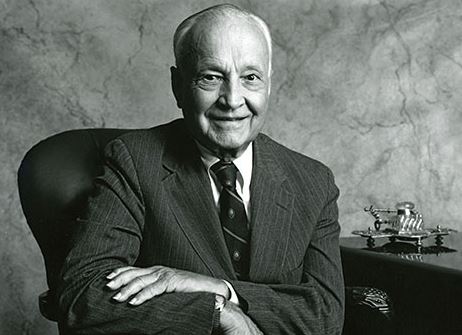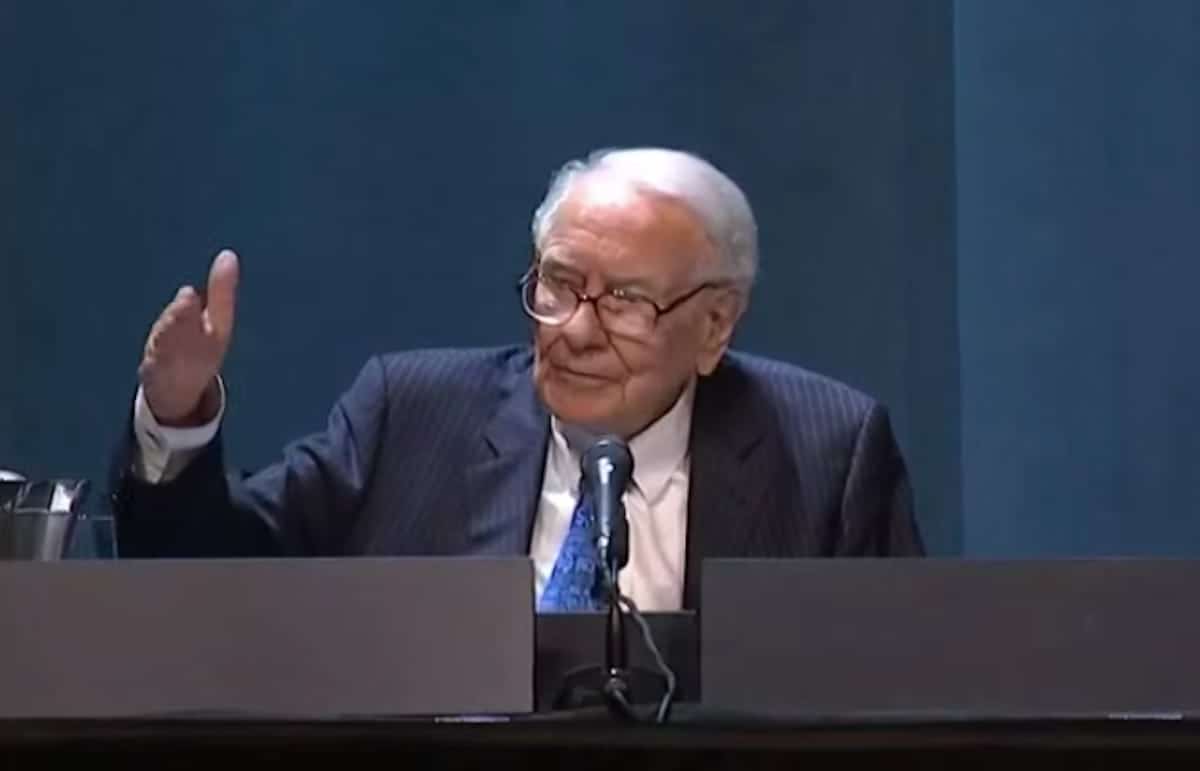When Warren Buffett stopped working for Graham and set up his own investment partnership, he achieved great success by investing in ‘cigar-butt’ type of stocks – an investment style that was close to what Graham preached. However, all that started to change slowly when Buffett met Charlie Munger for the first time in 1959.

Charlie Munger (Left) & Warren Buffett (Right)
Munger was a lawyer when he met Buffett but was hooked onto investing when Buffett started sharing some of his adventures in the stock market. Eventually, Munger set up his own investment partnership in 1962. It lasted 13 years, during which Munger achieved annualised returns of 19.8%, trashing the Dow Jones’ returns of 5% per year. But, even though Munger first got acquainted to investing through Buffett, he ran his partnership with a different sort of view.
Munger was on the look out for great businesses – businesses that could grow their profits at above average rates for many years, making their owners wealthy. And his thinking was influenced by another investing legend whose philosophy could not be more different than Graham’s. Meet Philip Fisher.

Philip Fisher – Common Stocks & Uncommon Profits
Fisher was the author of an important book on investing titled Common Stocks and Uncommon Profits. Buffett values Fisher’s thinking so much that he had said ‘Common Stocks and Uncommon Profits is a book that ranks behind only The Intelligent Investor and the 1940 edition of Security Analysis (another one of Graham’s works) in the all-time-best list for the serious investor”.
While Graham was famous for appraising a business’s intrinsic value based mostly on its balance sheet and believed in diversification, Fisher instead, looked at a business’s qualitative factors and believed in making concentrated bets.
Fisher was an investor who wouldn’t mind paying high prices for a stock if he believed in his growth potential, whereas Graham was looking at how much a stock would be worth if the company was liquidated. While Fisher was known as a growth investor, he actually had a huge part to play in shaping the modern view of value investing that Buffett’s more widely recognised for.
So, let’s take a look at what’s arguably the most important aspect of Buffett’s interpretation of value investing.
On modern day value investing, Buffett looks for companies with an economic moat as a protective barrier to a company’s above average profits, much like how a real moat protects a castle a ‘above average profit’ from invaders.
In the capitalist world, companies that earn high profits will likely attract competitors. The more competitors there are, the lower the profits the original company can earn. In reality, there are companies who have successfully prevented competitors from taking away their profits and that is due to the presence of an economic moat.

Pat Dorsey – The Five Rules For Successful Stock Investing
Moats can come in many forms and Pat Dorsey’s book The Five Rules for Successful Stock Investing contains a great framework to think about economic moats.
And this brings us to another criteria that Buffett focuses on – the return on equity, or ROE. Buffett likes companies to demonstrate consistently high ROEs as a sign that there is something that is able to protect the company’s above-average profit.
If ROE is 15%, it simply means that for every $100 of capital or equity, it has a Return or profit of $15.
In essence, ROE and the presence of an Economic Moat helps to differentiate a great business from a bad business. That’s the main difference between Buffett’s thinking and Graham’s form of value investing. Graham never sought to find out if a business was better than its competitors or not whereas Buffett eventually placed a lot of emphasis in investing in companies that are a notch above their competitors. Buffett believed that investing in such companies would prove to be a lot more profitable than investing in statistically-cheap companies over long stretches of time.
Perhaps, the best summary on how Buffett had evolved as a value investor could summarised in his quote: “It’s far better to purchase a wonderful company at a fair price than a fair company at a wonderful price”.
Graham would have preferred a fair company at a wonderful price and that was how Buffett started. But over time, Buffett would become the well-known investor he is today by buying a wonderful company at a fair price.
Value investing has indeed evolved a lot from Graham’s thinking to Buffett’s current philosophy. But the greatest takeaway among their very different approaches, is their insistence on studying stocks as a piece of a business. Value is a subjective measure, as can be seen from Graham and Buffett’s different views on it.
Charlie Munger, Daily Journal Chairman and Berkshire Hathaway Vice Chairman, had gave his take on value investing.
He said: “Value investing, the way I conceive of it, is always wanting to get more value than you pay for when you buy a stock. And that approach will never go out of style. I think all good investing is value investing. It’s just that some people look for values in strong companies and some look for values in weak companies.”
DISCLOSURE
The above article is for educational purposes only. Under no circumstances does any information provided in the article represent a recommendation to buy, sell or hold any stocks/asset. In no event shall ViA or any Author be liable to any viewers, guests or third party for any damages of any kind arising out of the use of any content shared here including, without limitation, use of such content outside of its intended purpose of investor education, and any investment losses, lost profits, lost opportunity, special, incidental, indirect, consequential or punitive damages resulting from such unintended use.









